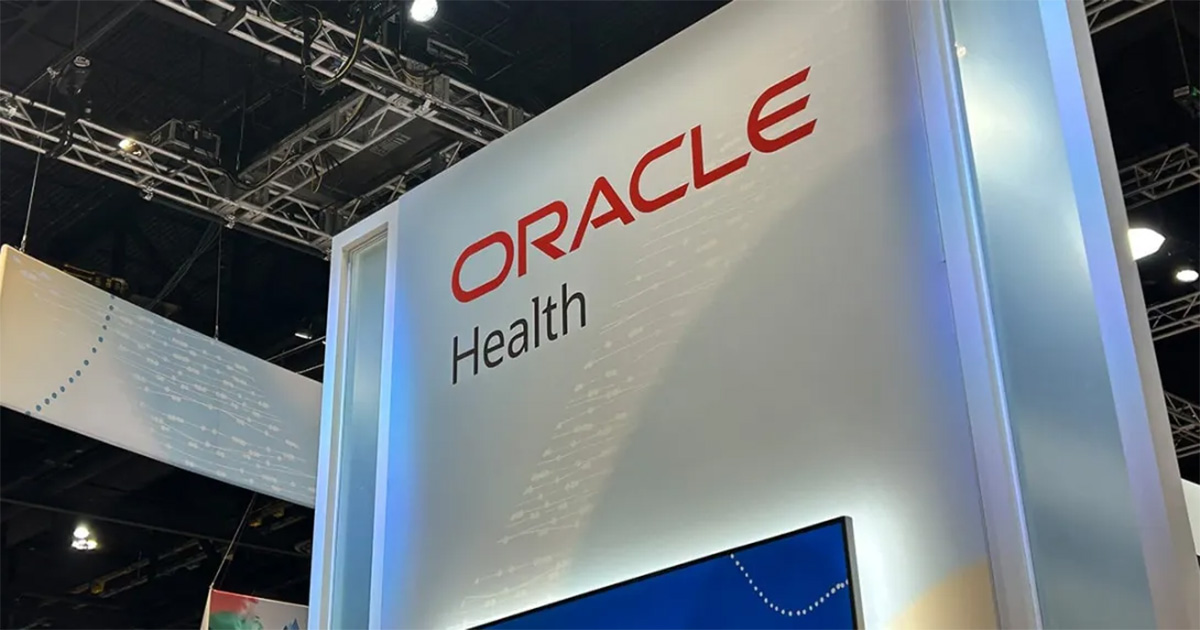The 81st convention and exhibition of the American Health Information Management Association officially gets down to business today with an address from Vera Rulon, president of the organization.
The convention is at the Gaylord Texan Convention Center in Grapevine, Texas, just outside Dallas.
Rulon, president of the AHIMA board of directors, will launch a day filled with educational sessions, news conferences, keynote talks and networking with a presidential address at 8:30 a.m.
There are sessions on the uptake of information technology and on the term "meaningful use," which providers have to prove to qualify for federal incentives. Personal health records, medical identity theft, ICD-10 coding and electronic document management are among the "hot topics" designated by AHIMA officials.
Among the speakers for what the organization has dubbed "AHIMA Prime Time" are two IT leaders – national healthcare IT chief David Blumenthal, MD, who is the Obama administration's point man on all matters relating to healthcare IT, and Mark Leavitt, MD, who heads the Certification Commission for Health Information Technology.
Leavitt speaks Monday at 10:45 a.m. Blumenthal is slated to speak Tuesday at 11:15 a.m.
The security and privacy of health information in an electronic age is critical to the success of the healthcare system's transformation from paper to electronic records, healthcare providers and policymakers say. AHIMA is announcing a formal list of helath information protections that every American patient should expect from the nation's healthcare system. The list, which AHIMA calls a Health Information Bill of Rights, will be released at noon on Monday.
Lynette Czarkowski, AHIMA's vice president of HIM products, said information technology is "threaded" throughout the sessions.
"It touches almost everything we do," Czarkowski said. "It is a vehicle for improvement, for achieving goals."
Linda Kloss, AHIMA's CEO, will address implications that the conversion from paper to electronic records presents for healthcare information management over the next decade.
"Fifteen years ago many told me that EHRs would make the HIM field irrelevant," Kloss said. "It is now well understood that HIM is even more critical and the challenges of e-HIM are complex and important."


